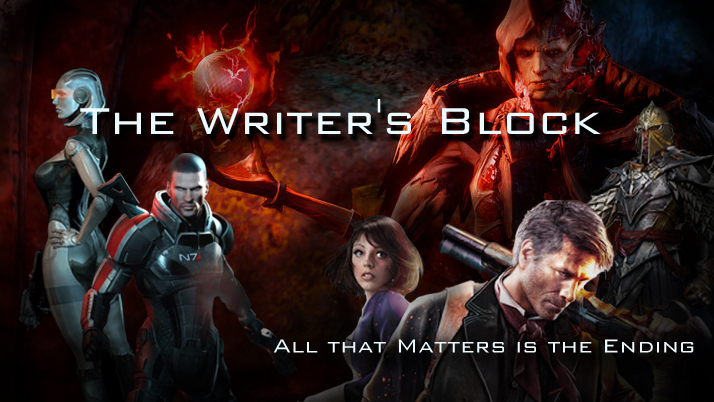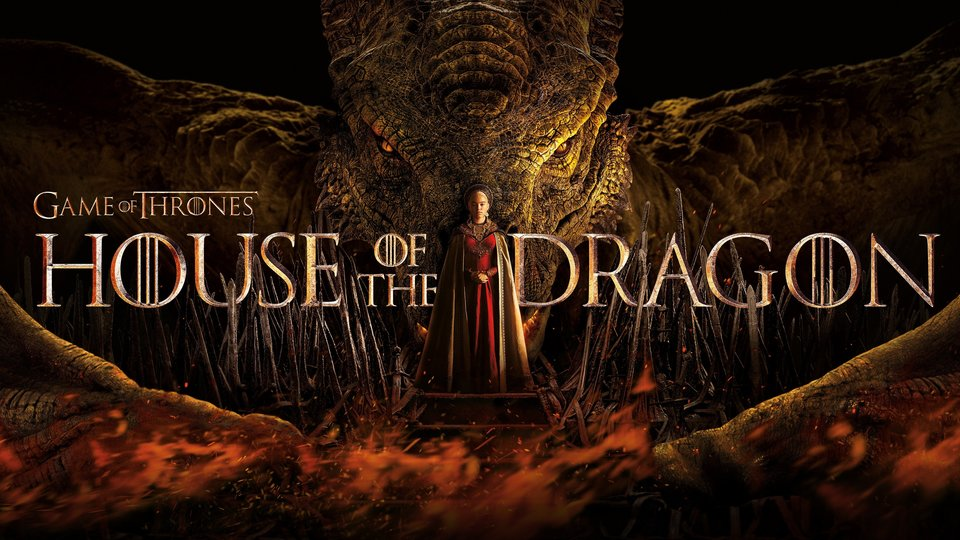First of all, you should watch this video: http://www.escapistmagazine.com/videos/view/extra-credits/2957-Tangential-Learning I’ll wait.
Have you watched it? Really? You’re not just saying that? Good, there will be a test on it after class.
When I watched this video I began to realize just how much I’d learned from video games, and strangely enough, none of them were Edutainment games (Read: Games made specifically to teach).
It all began with a hidden jewel of a game named INCA.
 To this day I still have no idea what was going on in this game, there was very little storyline to follow and all the levels seemed to be only tangentially related to one another, but it what it did feature was awesome Incan music. Now, don’t let me give you the impression I went charging the library to research the Incas, because at 6 years old I could barely even read let alone have the attention span to research anything. But, in the very back of my mind, the memories of that game sat there.
To this day I still have no idea what was going on in this game, there was very little storyline to follow and all the levels seemed to be only tangentially related to one another, but it what it did feature was awesome Incan music. Now, don’t let me give you the impression I went charging the library to research the Incas, because at 6 years old I could barely even read let alone have the attention span to research anything. But, in the very back of my mind, the memories of that game sat there.
It would be years later before we started covering the Ancient South American countries in Elementary School, and there I was, bored out of my skull counting the minutes until recess. Then the teacher said a magical word: “Inca”, and suddenly all the memories of my favorite game crashing to the front of my mind. Recess was forgotten, and I was at rapt attention as the teacher began to describe the Incan civilization. I remember being terribly disappointed when I found out that the Incas and the Spanish did not in fact have an interstellar War with Galleon Spaceships and Incan Totem spaceships, but in the end I did learn something about the Inca. Thanks to video games.
2002 was a rough time in my life, clincal depression had robbed me of friends, and the cruelty inherent in 12-14 year old kids meant I was constantly being tormented, but when I got home I took solace in video games. The flavor of the month at the time was a game called Medieval: Total War, a game where you led a kingdom to be ruler of the known world by force of arms. I was conquering the Middle-East as Egypt when suddenly, out of nowhere, came a massive horde of units known as the Golden Horde. Their horse archers, a tactic I was unfamiliar with, decimated my forces by staying out of range of my more heavily armored calvary and spearmen. Before long, I had lost the game.
Back at school I took refuge in the library, and while there, decided to look up this mysterious enemy that had destroyed me so easily. They were known as the Mongol Hordes, and over the next few days I read books on Genghis Khan’s rise to power to his grandson Kublai Khan’s attempt to conquer Japan. I also learned much about many of the other major powers of the era. Later, the sequel to the game, Rome: Total War (In glorious 3D graphics), would teach me about the Roman Empire.
In 2003, a little game called Call of Duty was released. It was a revolutionary game in that it was probably the first game to realistically depict warfare. At the same time in school we were studying WWII, but only America and Britain’s participation, almost completely ignoring Soviet Russia’s involvement. Whether this an old hold-over from the dark ages of the “Red Scare” and history book publishers simply hadn’t caught up with the dissolution of the Soviet Union, or just a time constraint on the part of the teacher, Call of Duty soon showed me what an injustice it was to not teach people about Russia’s involvement.

Armed with only a single clip of ammunition me and the rest of the Soviet soldiers with me, I charged up the banks of the Volga River to dislodge the Nazis who’d dug in there. I followed my fellow comrades up the sloping scorched ground while Stuka dive-bombers and german mortars, along with four machine gun nests mowed down everyone, and it wasn’t until I dived into cover behind a destroyed wall that I realized I had been holding my breath. Then, completely freaked out by the sight of four machine gun nests killing all my friends in seconds, I tried running back…only to be shot by one of my own Commissars. In the space of fifteen minutes I learned about the actual siege of Stalingrad, Stalin’s Order #227 “Not a Single Step Back”, and the immense casualties that Stalingrad produced. I supplemented all these facts with reading more books, but in the end it was the video game that got me interested and that’s half the battle.

More recently, while watching jeopardy a question came up: What is the belt in our solar system that contains around 3,000 objects. Without hesitation I answered “What is the Kuiper Belt”, while my mom went with “Orion’s Belt”. And then I gloated…quite loudly, but that’s besides the point. I knew that answer because the Kuiper Belt is featured in many different games based in Space.
Today, all we hear is that our education system is badly in need of an overhaul, and it’s completely true. Then comes the inevitable, ill-informed opinion that Video games are the true cause of today’s youth failing, but if anything games are the only reason most of the kids today can even read, because a game necessitates reading. Our education system, instead of vilifying games and blaming them for poor grades, needs to harness this incredible tool. Look at all the things I learned from games that were never even designed to teach. Now imagine if schools started using video games in a curriculum. Assign a kid to finish level of Call of Duty, and I guarantee that you’ll get a 100% completion rate. Then, once they’re interested, teach them about the battle of Stalingrad. And imagine further, if the Gaming Industry starting making games to fit a school curriculum, if a teacher wants to teach someone about the civil war they simply pull out the appropriate video game. How much better would things be? Now obviously I’m not suggesting video games become the sole learning tool we use, because even after all the video games I’ve played I still can’t do math worth a damn, but why not use them as a supplemental learning tool?
I’ve sometimes heard people on television saying that you need to make learning fun to get people to learn, and that’s true, but they also say it needs to be fun because they’re competing with video games for kid’s time. And I ask, why compete? You already have a way to make learning fun, all completed and just sitting there waiting. In the past this might have been difficult to implement, since video games often required cutting edge, and expensive, equipment to run properly. But now, an old game like Call of Duty will run like a charm on almost every computer that has at least Windows XP. School computers obviously aren’t designed to run games at max specifications, but I assure you, they’re all competent enough to run old games like Call of Duty.
So I ask you, people of the Education system, stop fighting it. Accept it, and use it to help people learn, and we’ll be the better for it.






Leave a comment